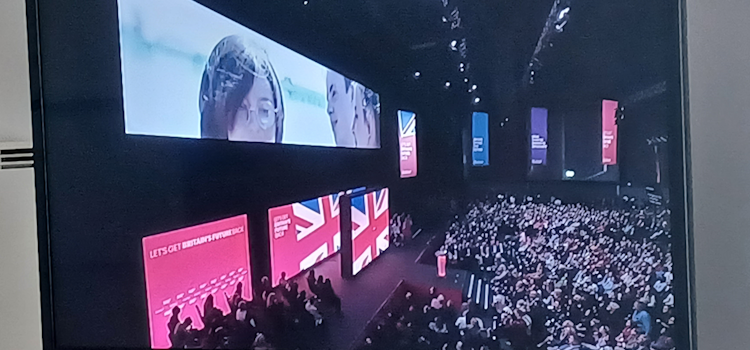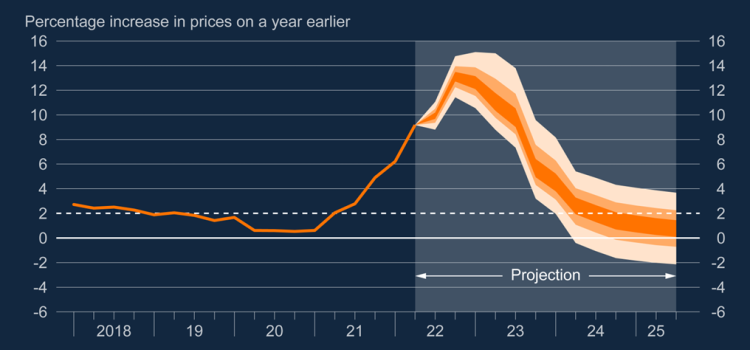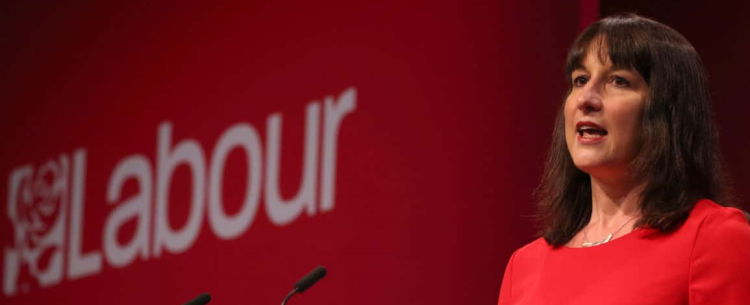While writing, Responsible Opposition, about Sir Kier Starmer’s 1st speech of the year, I pointed out that Anneliese Dodds would be giving the Mais Lecture, which had been previewed in the Financial Times (paywall). They said that she will,
… call for a ‘responsible fiscal framework’ based on ‘pragmatism, not dogmatism’ … [and] … signal … that the Labour party is backing away from the hard-left economic policies of former leader Jeremy Corbyn, seeking instead to fight the Conservatives on economic competence and protecting the UK’s recovery from the damage caused by the Covid-19 pandemic.
Chris Giles – Financial Times
The speech has now been delivered and I heard/watched it live. The first thing to say is that I do not consider this to be a repudiation of late stage Corbynomics.
I needed help to work out what was said, it was a very low key speech, certainly not in the style of a UCATT shop steward, more in the style of one of the academics from the cast of Inspector Morse. There was no emphasis and so we need to work out what’s important and what is just said in passing. Stephen Bush points out the unusual nexus of welcome from James Meadway & Chris Giles, he writes,
… [ the speech] attracted a glowing write-up from the FT’s influential economics editor Chris Giles and an approving tweet from James Meadway, the adviser who more than anyone bar John McDonnell himself shaped the Labour Party’s economic strategy under Corbyn
Stephen bush – New Statesman
Meadway’s tweet was trolled by Richard Murphy, who was one of the authors of Corbyn’s original Corbynomics manifesto and is a supporter of modern monetary theory (MMT), but Labour stepped away from these monetary & fiscal policy ideas after 2016.
I found the speech underwhelming, almost academic in its tone, which given the host may have been appropriate. I am certainly of the view that it is not a step away from or a rejection of McDonnel’s policies. If anything, the call for a ‘responsible fiscal framework’ based on ‘pragmatism, not dogmatism’ is an attack on Osborne and the politics of austerity and his remaining fans in the Tory party. She praised the independence of the Bank of England, but this has had its problems; it failed in 2008 and it was politicians that rescued the economy and the argument for its independence is based on the argument that politicians and their electors can’t be trusted to make the right decisions. If those decisions are painful, why should they? Independence is a way of baking in neo-liberalism. She was clear however that monetary policy is not enough to build a successful macroeconomy.
Over-relying on monetary policy levers for economic growth – as the UK has arguably done for the past decade – can lead to undesirable outcomes. Without accompanying fiscal action, low interest rates and gargantuan quantitative easing programmes can exacerbate inequality and concentrate economic gains in the hands of those who were already asset-rich, at the expense of those who rely on income from their labour. Risky indebtedness, especially combined with a highly unequal distribution of assets, can exacerbate inequality.
Anneliese Dodds
She spoke on fiscal policy; did she repeat McDonnel’s Golden rule? If she did, she qualified it by saying that borrowing to invest is only available because of the low interest rates. I have two things to say, firstly, I thought interest rates are a policy instrument, so if a government which is a currency sovereign wants them low, then low they are! Secondly, defining what is current account expenditure is not simple. Why is the education budget not considered an investment in human capital?
Is this as good as it gets? We are to be grateful that a Labour Shadow Chancellor still intends to borrow to invest and that monetarism is no longer part of Labour’s macro-economic tool kit.
On the upside she mentioned wealth inequality and aggregate low wages as constraints to growth but no mention of remediation which would be an effective wealth tax, a better minimum wage, reformed procurement policies and labour law reform. She also mentioned critically the growth in value of unproductive assets, such as art and wine; but surely this is the result of quantitative easing and a side effect of the increasing marginal propensity to save by the rich, again addressable by a wealth tax.
She announced a series of technical changes to the budget management process, all of which are good, but not particularly left wing and so likely to be nicked by the Tories. These consist of ensuring equality & carbon impact analyses on the budget and spending plans and placing a longer term time frame on the budget together with using more very long term bonds.
I also noted that while it seems that Labour is committed to a high wage, high skill economy, our reticence to talk about the means by which we select the short and medium term winners is not talked about; under Corbyn’s leadership, the new National Investment Bank was to be the instrument for seeding innovation and new jobs, but the means of funding it, and the way in which loans and grant were to be allocated remains unclear.
I submitted a question on this i.e. selecting industrial and innovation winners, which the moderator, Prof. Barbara Casu put as her first question; if Anneliese Dodds had wanted to talk in detail, this would have been in the speech, it wasn’t and her answer to Professor Casu’s question added no clarity.
It was a very technocratic speech, delivered in a technocratic style, presumably designed not to frighten the horses. It was a rejection of both modern monetary theory (MMT) and fiscal consolidation but not a manifesto for socialism.
ooOOOoo
The speech was introduced by the Dean of Faculty at CASS, Paulo Volpin, and the questions moderated by the Professor of Banking, Barbara Casu. Both would seem have been initially educated in Italy, I hope that the new immigration rules post Brexit will allow others to follow their route and come to the UK to teach.
I have written previously about Corbynomics on this blog and also on MMT on my bliog, and on my wiki, and on QMT in my obituary on David Graeber, on the blog. …








